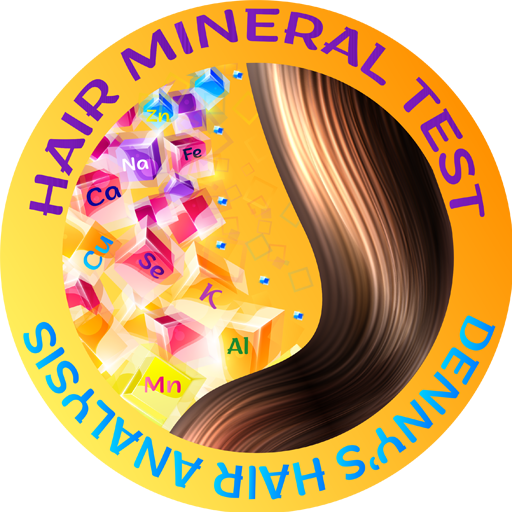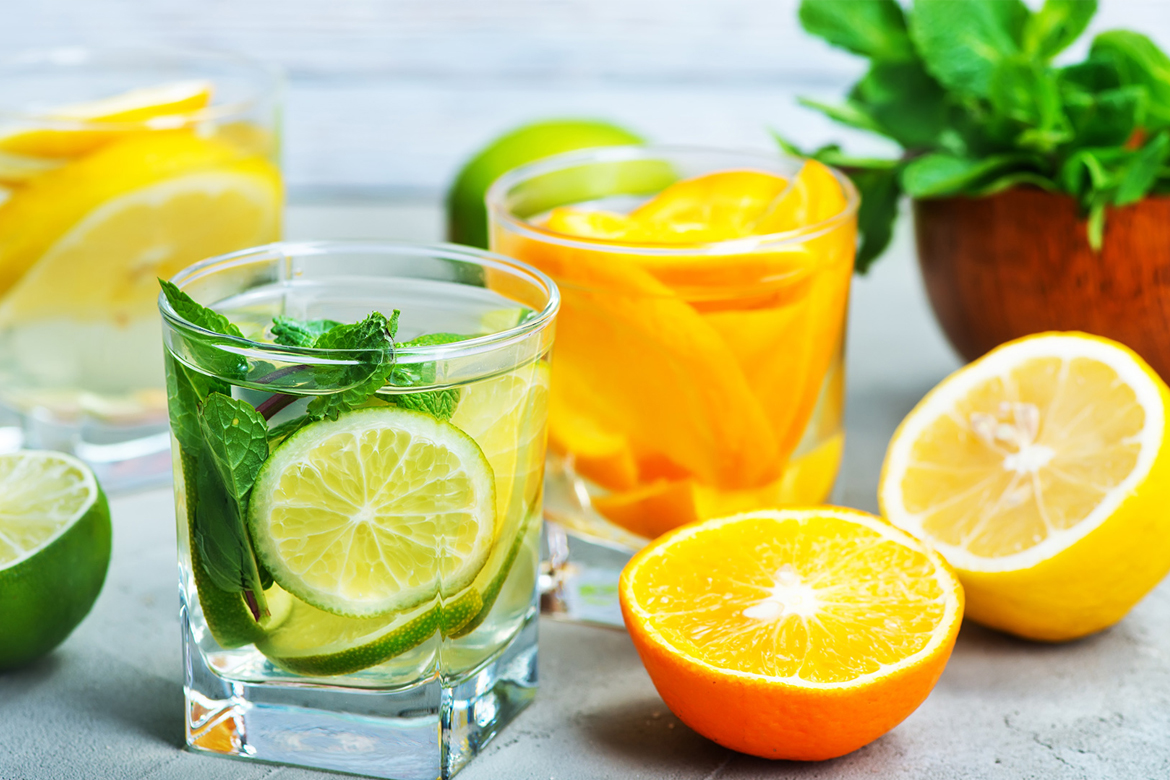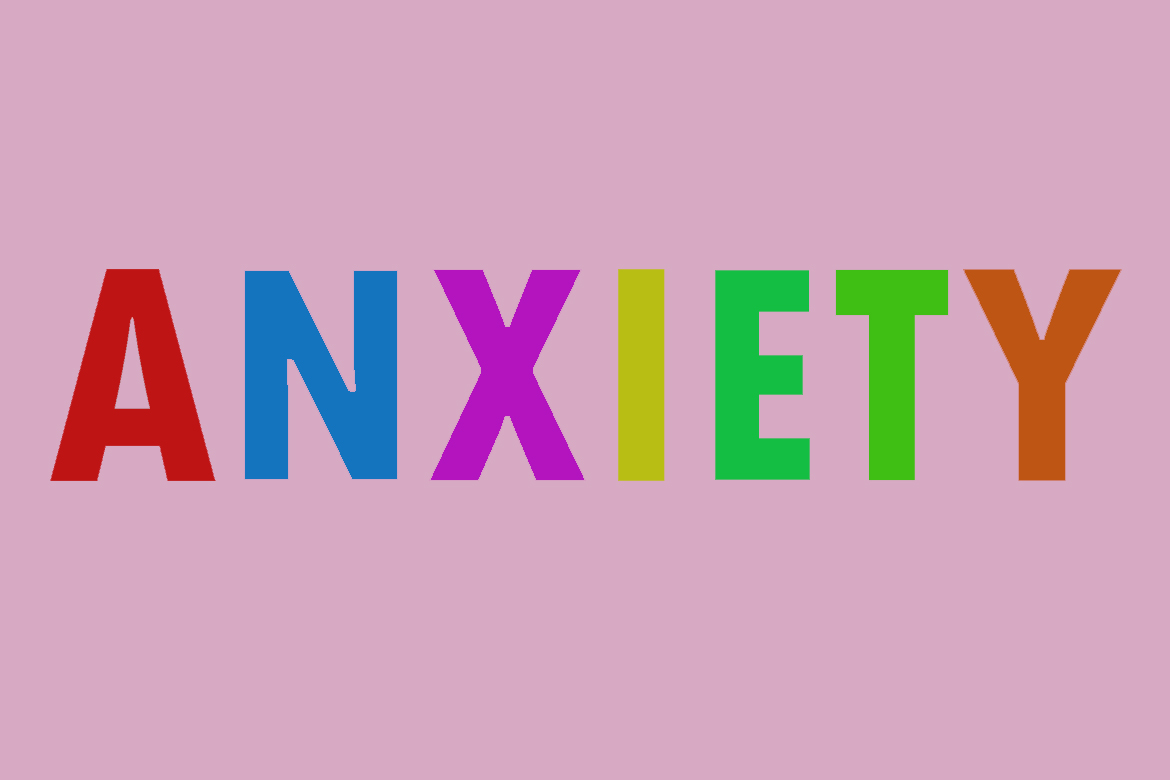Detoxification is the physiological or medicinal removal of toxic substances from a living organism, including the human body, which is mainly carried out by the liver.
A toxin is defined as any harmful substance produced by a living organism.
The term “toxin” includes pollutants, synthetic chemicals, heavy metals, and processed foods – which all negatively affect health. Your body has a sophisticated way of eliminating toxins that involves the liver, kidneys, digestive system, skin, and lungs.
Toxins can and do negatively affect every part of the body. Toxic effects on the brain include poor memory and concentration, erratic behavior, word confusion, mood issues, headaches, vertigo, and cravings.
Common toxins can be absorbed through the skin (when you rub in a cream, for example), ingested (when you eat or drink), or inhaled (when you breathe).
Methods of detoxification
Several methods of detoxification are currently available. These include fasting, specific diets, colon therapy, vitamin therapy, chelation therapy and hyperthermia. Sometimes a detox also includes herbs, teas, supplements, and colon cleanses or enemas.
Fasting – The liver and muscles store the glucose and release it into the bloodstream whenever the body needs it. However, during fasting, this process changes. Fasting mode then becomes the more serious starvation mode. At this point, a person’s metabolism slows down, and their body begins burning muscle tissue for energy.
Chelation therapy is a treatment for heavy metal poisoning: iron, mercury, arsenic, and lead. Some people give chelation “therapy” for other conditions such as cardiovascular disease, autism, and Alzheimer’s.
Vitamin Therapy uses sonopheresis (sound waves) which transport vitamin molecules through the skin and is superior to conventional ultrasound. Sonopheresis may be combined with intensified iontophoresis (electric current) to enhance penetration of vitamins A and C and growth factors.
Hyperthermia, also known simply as overheating, is a condition where an individual’s body temperature is elevated beyond normal due to failed thermoregulation. The person’s body produces or absorbs more heat than it dissipates.
Colon therapy, involves flushing the colon with fluids to remove waste. It’s a practice that’s been around since ancient times, and the benefits are based on the premise that digestive waste can be a toxin to the body.
Common Detox Symptoms
• headaches.
• lethargy.
• temporary muscle aches.
• mucus or other discharge.
• a coated, pasty tongue.
• flu-like symptoms.
• irritability.
• difficulty sleeping.
The steps we need to follow to start a detoxification process
– Drink more pure water, that helps to eject the water-soluble poisons from your body.
– Eliminate alcohol, coffee, cigarettes, refined sugars, and saturated fats, all of which act as toxins in the body and are obstacles to your healing process.
– Also, minimize use of chemical-based household cleaners and personal health care products (cleansers, shampoos, deodorants, and toothpastes), and substitute natural alternatives.
Herbs used for Detoxification
Some herbs that are used for detoxification are milk thistle, dandelion root, Russian or Spanish black radish, burdock root, garlic, onion, and perhaps a few others.




